Air pollution is believed to have begun when humans first understood how to control fire's power, which has since developed into the industrial curse of industry, cars, and power plants.
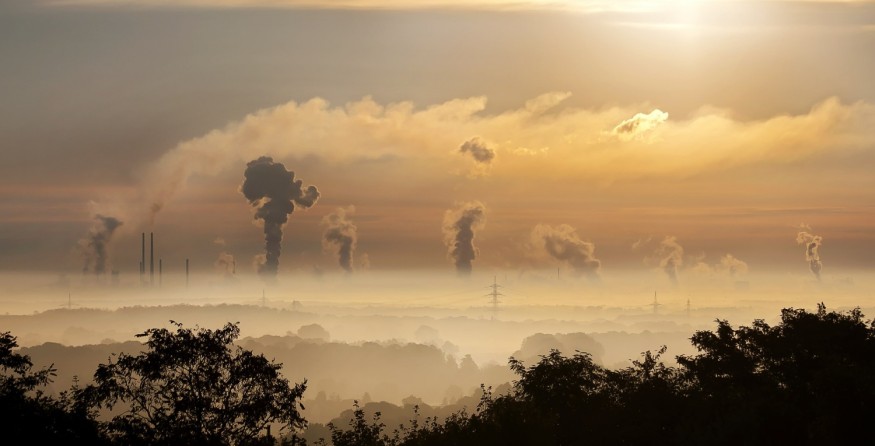
Industries, cars, logging, irrigation, forest fires, cookstoves, volcanic eruptions, and wind erosion are both examples of human and environmental causes of air pollution.
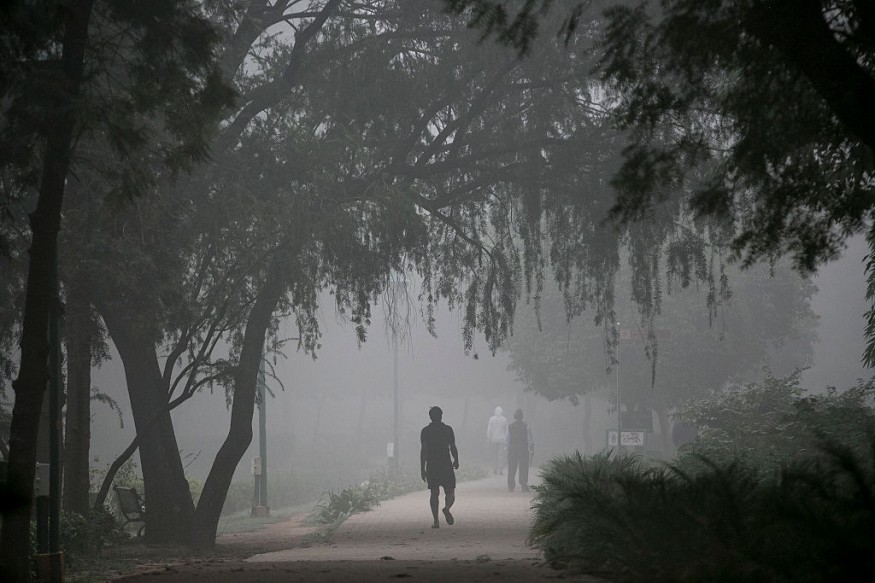
Chemicals, particulates, and biological products all contribute to air pollution. Nitrogen, sulfur, carbon monoxide, carbon dioxide, ashes, and ash are all common components. Climate change is exacerbated by any of these contaminants. More than 92 percent of the world's population, including more than half of India's 660 million inhabitants, lives in areas where air quality exceeds healthy levels.
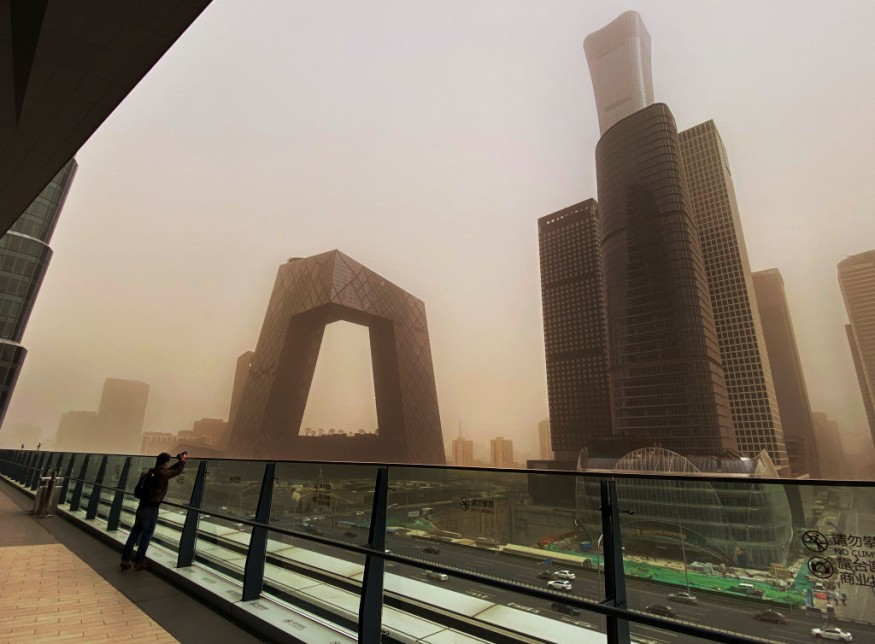
Today, in the COVID-19 period, polluted air is much more harmful to our bodies. Not only has the pandemic taken the lives of hundreds of thousands of people in the United States alone, but many of the pre-existing illnesses that place certain people at increased risk of severe COVID problems could be related to long-term air pollution exposure, according to the National Institute of Environmental Health Sciences (NIEHS).
Related Article: Man Saved From Deportation Over Reason of Air Pollution
Causing Premature Deaths
Every year, millions of people die prematurely due to illnesses and cancers brought about by air pollution. Ambient air quality regulations are the first line of defense against this carnage. Despite this, according to McGill University researchers, more than half of the world's population does not have access to sufficient air quality requirements.
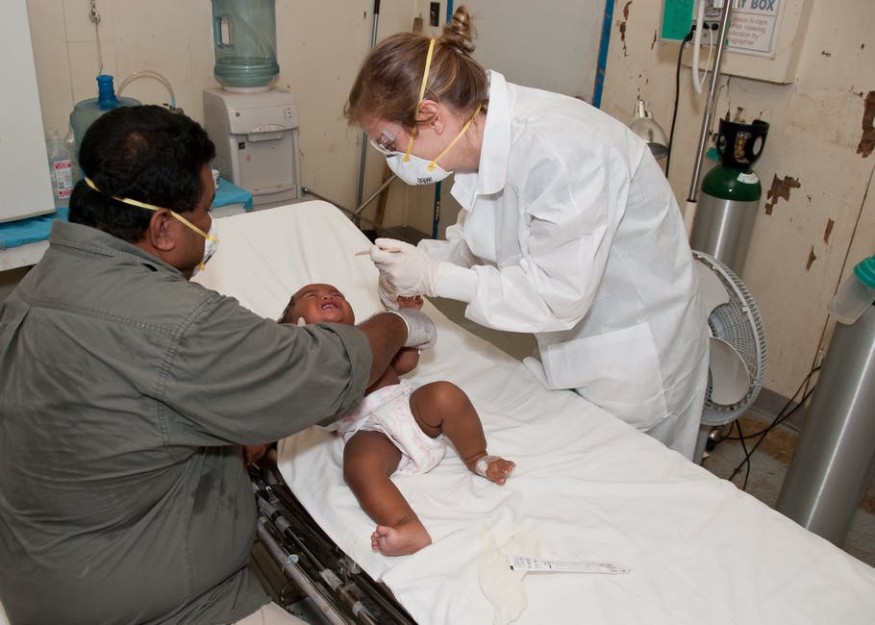
The amount of emissions in the air ranges widely across the globe. So what are the main counter-measures? In a report published in the World Health Organization's Bulletin, McGill University's academics set out to analyze global air quality requirements to find answers.
The researchers concentrated on PM2.5 emissions, which are believed to be responsible for 4.2 million premature deaths worldwide per year. About a million people have died in China, more than half a million in India, almost 200,000 in Europe, and more than 50,000 in the United States.
Related Article: Study: Air Pollution Could Kill 125,000 People in Europe Per Year, If Not Prevented
Covid and Air Pollution

"According to Health Canada's figures, about 5,900 Canadians die per year as a result of air pollution. Every three years, air pollution kills almost as many Canadians as COVID-19 has killed so far. "Parisa Ariya, a professor in the Department of Chemistry at McGill University, is a co-author.
PM2.5 is the sort of air pollution that kills the most people around the world. It is made up of particles that are less than 2.5 microns in size.
"We took extraordinary steps to shield people from COVID-19, but we're also not doing enough to prevent the millions of avoidable deaths caused by air pollution every year," says Yevgen Nazarenko, a Research Associate at McGill University who worked on the study with Devendra Pal under Professor Ariya's supervision.
Related Article: Air Pollution Linked to Increased Risk of Vision Loss, Study Finds
Working Hard to Lessen Pollution
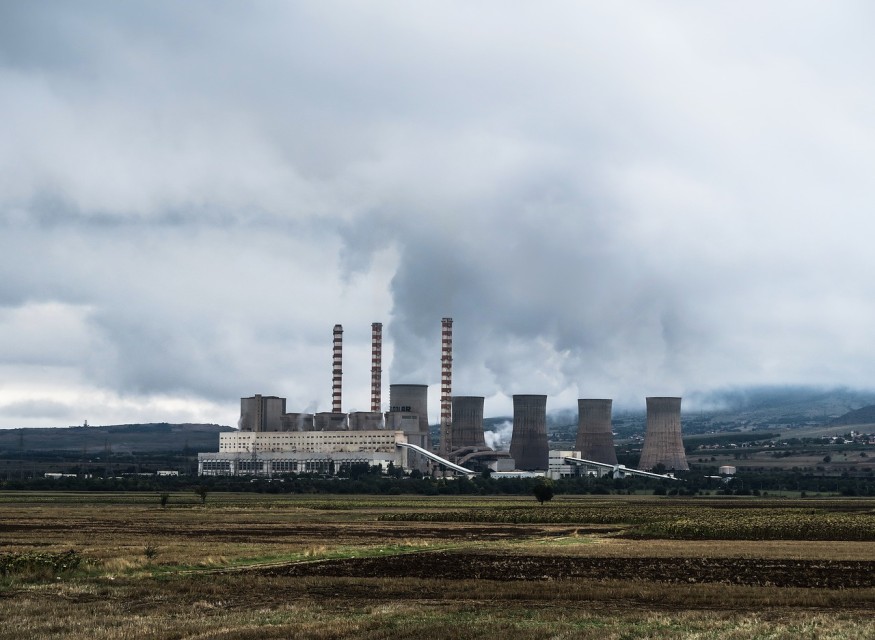
The researchers discovered that even in places where citizens are protected, requirements are often well from what the World Health Organisation considers healthy. Many of the world's most polluted countries, such as the Middle East, do not even measure PM2.5 emissions. They also discovered that the weakest air quality requirements are often breached, especially in China and India. On the other hand, in countries like Canada and Australia, the most stringent expectations are often encountered.
"More than half of the world, according to our findings, needs immediate safety in the form of appropriate PM2.5 ambient air quality requirements. The implementation of these principles around the board will save countless lives. Where norms currently exist, they should be harmonized on a global scale, "Nazarenko agrees.
"We must work harder and in developing countries to clean up our environment to save hundreds of thousands of lives every year," he says.
ALSO READ: It Takes $1 Trillion Per Year to Remove Unwanted CO2 in Earth
For more Environmental News, Don't Forget to Follow Nature World News!
© 2025 NatureWorldNews.com All rights reserved. Do not reproduce without permission.





